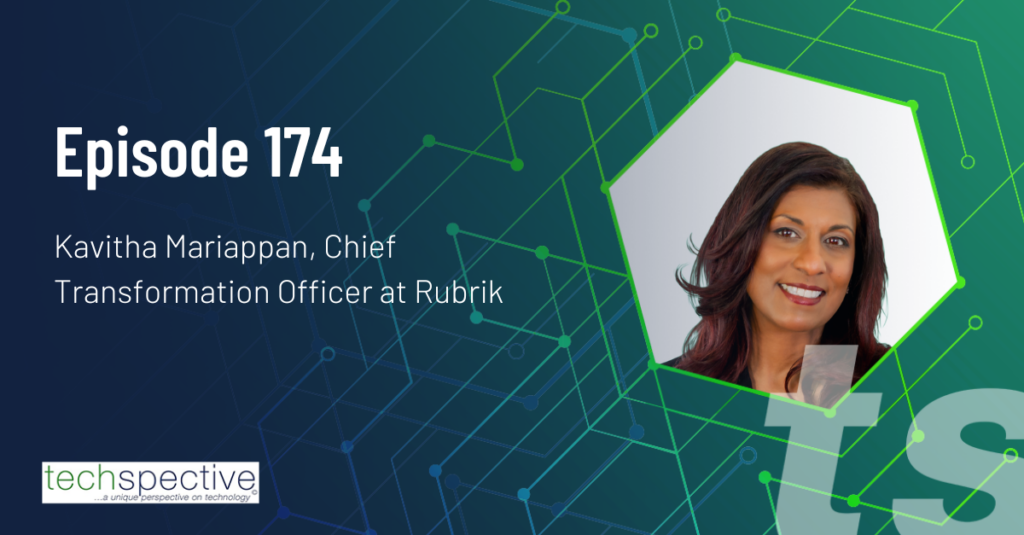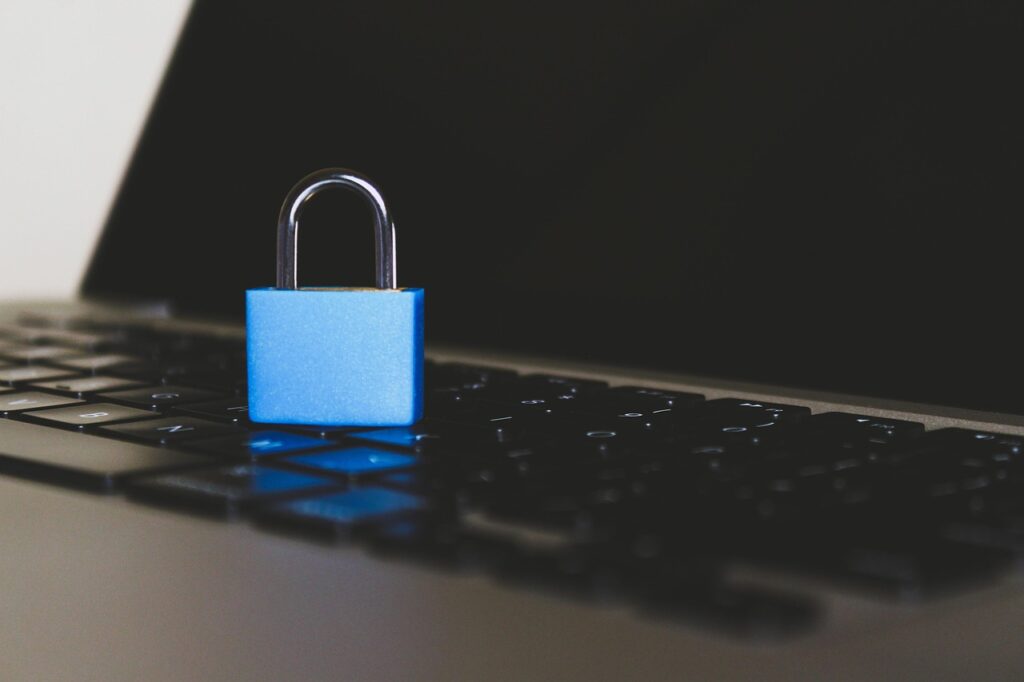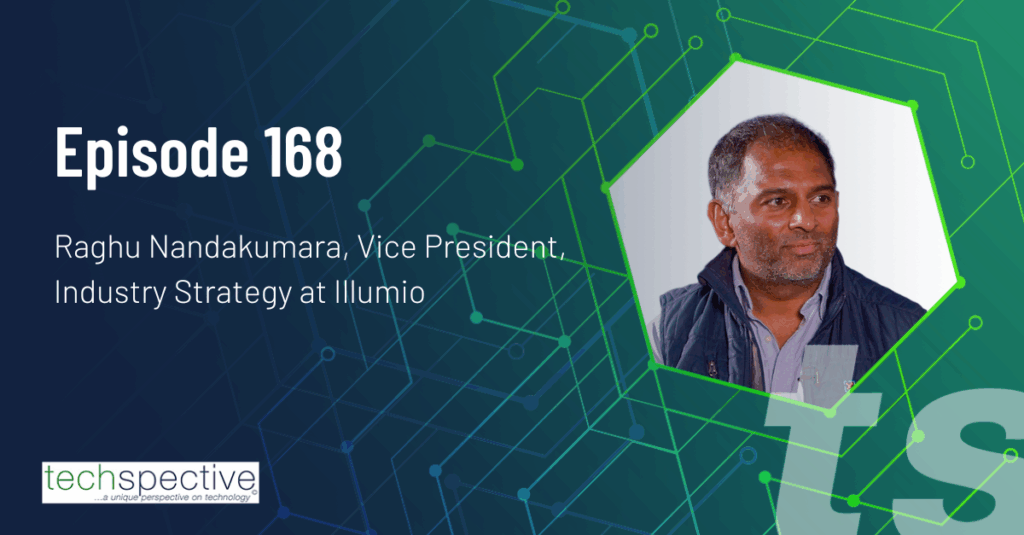Technology progresses rapidly. The government, infamously, does not. It takes a long time to pass new laws, making it difficult for cybersecurity to keep up-to-date with changing technologies. As of now, many new forms of technology are not tightly regulated.
On the cybersecurity front, U.S. intelligence organizations need to work constantly to keep up with continuously evolving cybersecurity threats. There’s a delicate balance, though, between privacy and protection. With more information, intelligence officials may be able to operate more effectively, but citizens often balk at the idea of the government having access to their personal information.
Regulating emerging technology is challenging, but as tech’s importance in our society grows, so does the need to make sure we’re safe from the many associated threats.
Hacking and Malware
Cyber threats like hacking and malware have been around for some time, so regulations in this area are further along than those in some other areas. The Department of Homeland Security works with federal agencies to secure their networks. It also coordinates with other government agencies and private companies to help protect critical infrastructure, such as the energy grid.
There are many different laws on the books prohibiting cyber crimes, and breaking these laws can result in everything from fines to jail time.
Cybersecurity is not something you can just set and forget though, as the threats are constantly evolving. It requires constant vigilance and adaptability. One argument in this space is whether private industry or the government should be leading the way regarding setting cybersecurity standards.
Social Media
The government keeps a watchful eye over some aspects of social media, but as of now, it’s mostly unregulated.
The ways in which terrorists use social media to recruit and spread information is one area of concern for the government. Social media has enabled terrorists to reach people all over the world and inspire attacks by homegrown, violent extremists. The FBI watches online activity suspected to be related to terrorism to prevent attacks.
Currently, a debate is raging about whether to regulate social media in a broader sense. The discussion is driven in part by revelations that Russia used social media to spread misleading political ads and influence the U.S. presidential election.
Facebook CEO Mark Zuckerberg recently testified before Congress about privacy issues, political ads and social media. Following the hearing, a growing number of lawmakers are now calling for more regulation — or at least threatening to regulate tech companies if they don’t start doing it themselves. Still, it will likely take some time before any laws actually get passed.
Europe, however, is taking a more hands-on approach with its General Data Protection Regulation, or GDPR, which creates more stringent requirements for how companies get permission to use customer data. Although the law is European, it still affects U.S. companies that have users or customers who live in the EU.
Advanced Technologies
The newer the technology, the more challenging regulating it becomes. Tech companies are collecting new types of data, such as voice data from always-on voice technologies like smartphone virtual assistants and smart home speakers. There are also new, highly advanced ways of processing data, such as artificial intelligence.
Some tech leaders argue that we need to start regulating AI and developing ground rules, while others say that regulation will smother innovation. Members of Congress have already introduced three bills related to AI. Two of them deal specifically with driverless cars, and the other proposes creating an advisory committee for AI-related issues.
Some laws already in place, such as those that deal with deceptive trade practices, privacy and cybersecurity, impact AI and other advanced tech without mentioning it explicitly. However, questions remain as to how some concepts, such as intent, apply to algorithms and robots.
The government is attempting to keep up with technological changes, but tech and government operate at very different speeds. While citizens should continue putting pressure on the government to protect them and on private companies to act responsibly, they should also take steps to protect themselves, as both the public and private sectors are far from perfect.
- What Data Visualization Tools Are Best to Use in 2019? - February 17, 2019
- 3 Game-Changing Transportation Tech Trends - January 10, 2019
- This D-Link Camera Has a Huge Security Flaw, According to Consumer Reports - November 17, 2018




Comments are closed.